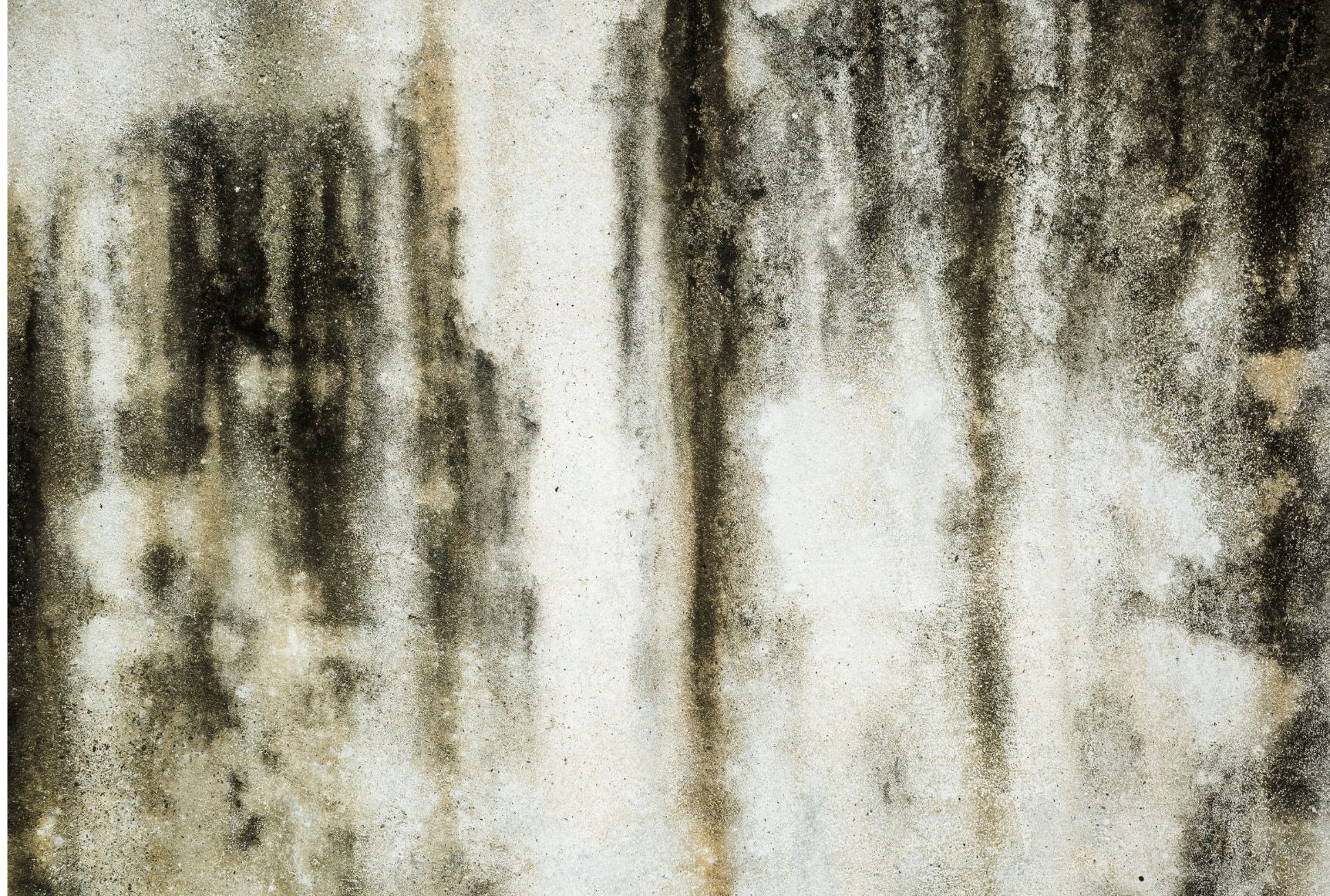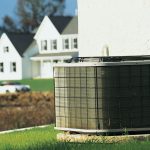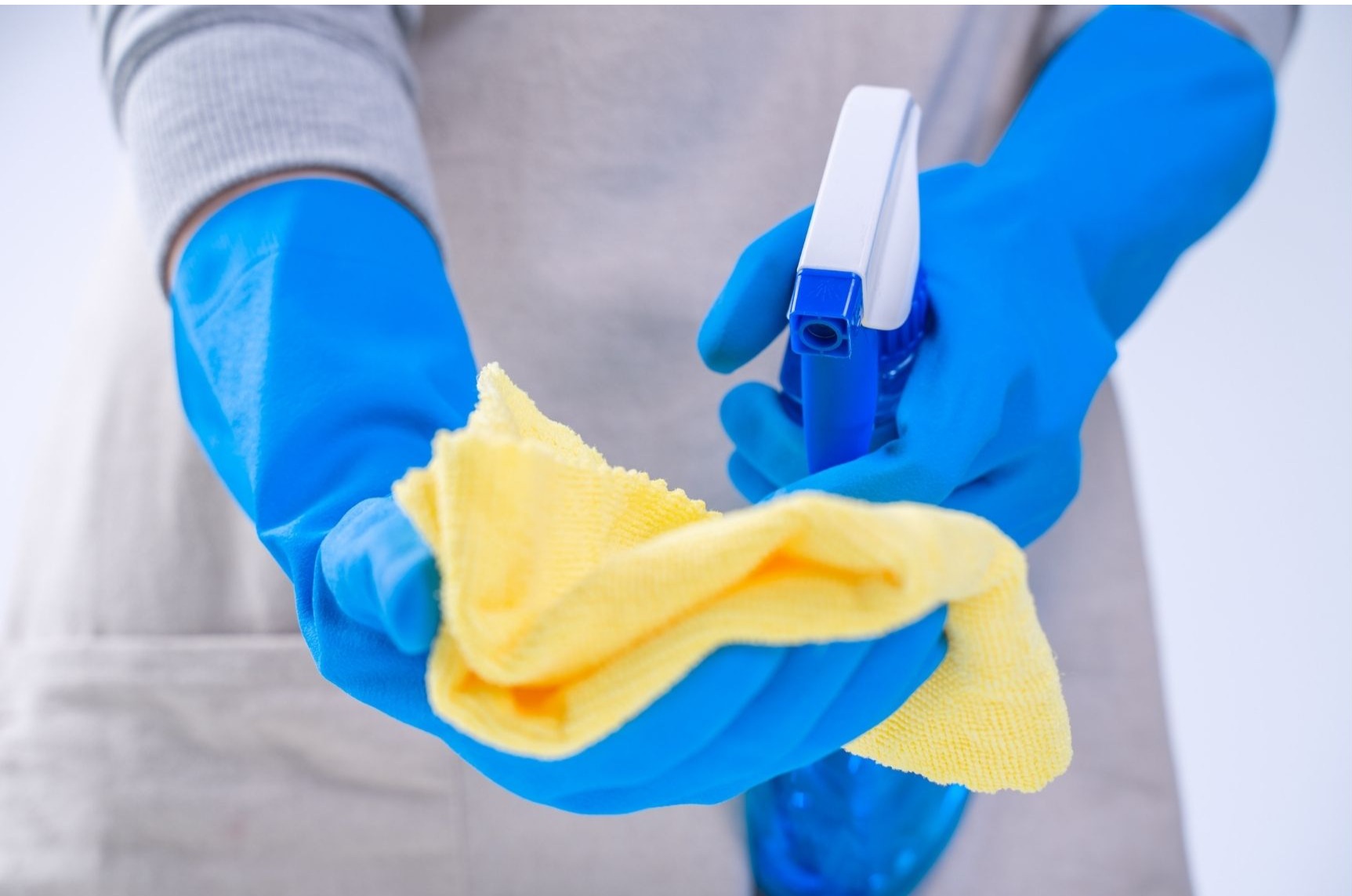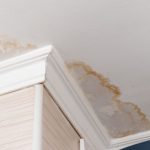Mold is a household problem, that if you find inside of your home, should be taken very seriously and dealt with very quickly.
Mold when it is left unchecked can cause more destruction than many people give it credit for and faster than you may have believed.
Mold can develop in as little as 24 hours once spores find moisture. Walls can be inundated very quickly because of how porous drywall is. It can call us and become a problem in 1 to 12 days.
It is also a problem that can exasperate allergies, respiratory issues, and trigger asthma attacks. According to this study, mold is instrumental in the development of asthma in children.
Table of Contents
Does an Air Purifier Help with Mold?
An air purifier will help with allergy symptoms related and caused by mold because it can filter out the spores from the air that are breathable.
But mold itself is caused by an inappropriate source of moisture and dirt somewhere in the area.
And there will still be a constant supply of mold spores in the air til the source of the water is found and stopped.
Regardless, having clean air to breathe when you are dealing with a problem like mold is still essential, and a mold spore air purifier is perfect for that reason.
But in instances like a damp basement where moisture is more pervasive, using an air purifier is more like putting a Band-Aid on the problem instead of addressing the real issue.
An area that has excessive humidity like the basement would benefit more from a device like a dehumidifier rather than an air purifier, at least initially.
Though an air purifier can help reduce the mold spore count in the air, it will do nothing to fix the problem that is resulting in poor air quality caused by mold.
Unless the source of the mold is fixed and the air is dried out, using an air purifier for the mold is like taking an aspirin for a headache but never addressing the reason you are having headaches.
Thank God for the aspirin, but fixing the problem is better than covering it.
To sum it up, an air purifier will help reduce the amount of mold spores in the air and in doing so reduce the symptoms related to breathing mold spores, and it will also reduce the chance of mold growing somewhere else.
And with less mold spores traveling through the air, there are less chances of it finding a new place to start growing.
But it will not fix the original problem and until the source of moisture is found and stopped and the area is dried out, you will continue to have an issue in your home with mold.
Some people worry that using a air purifier with a HEPA filter to capture mold spores will cause mold to grow in their air purifier.
That is a real concern if the humidity in the room is so high that it even makes the HEPA filter in the air cleaner damp.
But that is usually not the case, and since it takes moisture for mold spores too began to colonize, as long as you keep your air purifier dry, you should not have a problem with mold growing inside or on the filter.
What Causes Mold in a House?
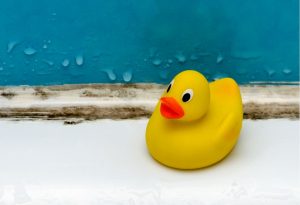 Mold inside of the house is more likely to be caused by a leaking pipe or windowsill. A leaky roof is also a common place where moisture is finding it’s way inside the house.
Mold inside of the house is more likely to be caused by a leaking pipe or windowsill. A leaky roof is also a common place where moisture is finding it’s way inside the house.
A leaking windowsill is pretty easy to identify but finding a leaking pipe or a drip in the ceiling is not as easy and may require a professional.
If you suspect you have a leaking pipe inside of the wall, oftentimes you’ll see the paper on the outside of the drywall begin to bubble or the whole area starting to swell and feel softer to the touch than the rest of the wall.
Leaks from the ceiling are pretty much the same but since it’s harder to get up and feel of the ceiling, you can most likely identify moisture coming in by searching for discoloration in the ceiling.
Another way mold spores become part of the air stream in your home is through the HVAC system.
HVAC which stands for Heating, Ventilation, and Air Conditioning
Though the heating and air system is vital to your comfort, especially in some climates, it also has the capacity to produce mold because of the presence of moisture and dirt located in a dark area inside of the air handler.
This can become an issue very quickly if not addressed. Mold spores inside of your ductwork can be distributed through your whole house every time the air handler kicks on.
If you have a musty smell coming from your vents or if you can identify mold around the vent, chances are your air handler is developed mold in it somewhere.
Two of the easiest things to check if you think this may be the case are the drip pan and the evaporative coils.
Condensation drip pans can get clogged , causing a buildup of moisture that can turn into mold and feed mold spores into the house via the duct.
Evaporative coils are the coils on an AC that absorb heat and cools it off with a refrigerant. In the process the coils produce condensation which which drips into a drainage pan.
Mold can start in the evaporator coils when the coils get dirty. At that point the AC has everything it needs to produce mold. Dirt, water, and darkness.
Checking and keeping the evaporative coils on the AC clean is one of the easiest things to do to avoid mold buildup inside of your HVAC.
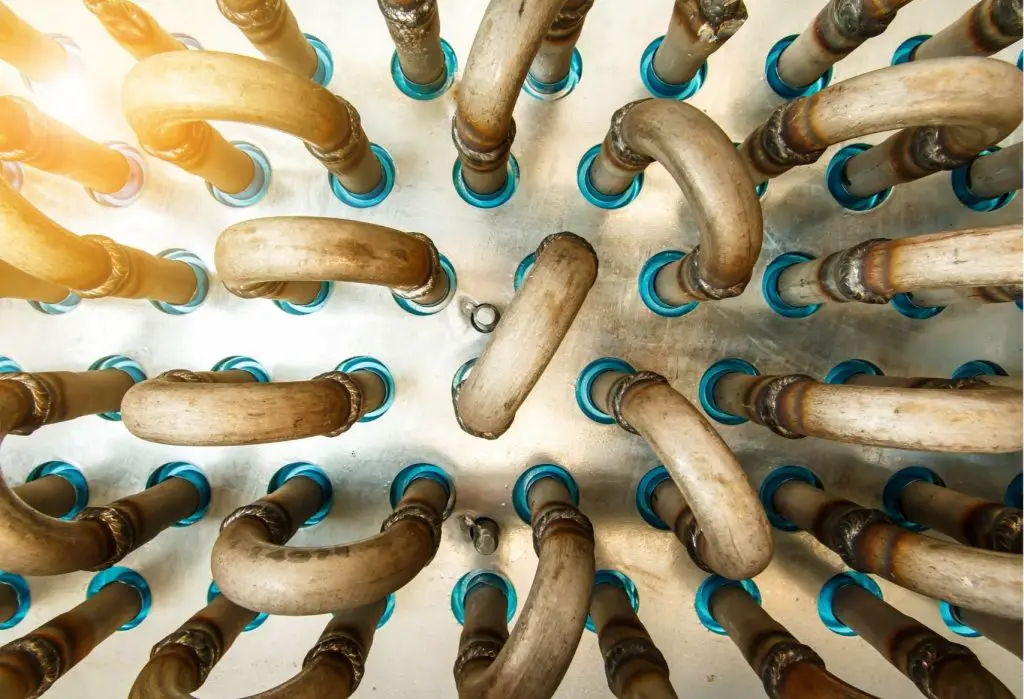 Recap
Recap
An air purifier can help with mold because it will reduce the mold spores in the air. Which in turn will reduce the amount of chances that spores can come in contact with any moisture in the house and at the same time create less chances of breathing in mold spores which can be a source of allergies and a trigger to asthma.
Less Mold Spores traveling through the house also means less new outbreaks of mold.
But though an air purifier can be a very good device to use when you have an issue with mold, it is only a supplementive solution and will not do anything to fix the original problem causing the mold.
Finding the source of the mold, fixing the problem and cleaning it up, as well as drying the area out are all things that are needed to help control mold and mold spores.


